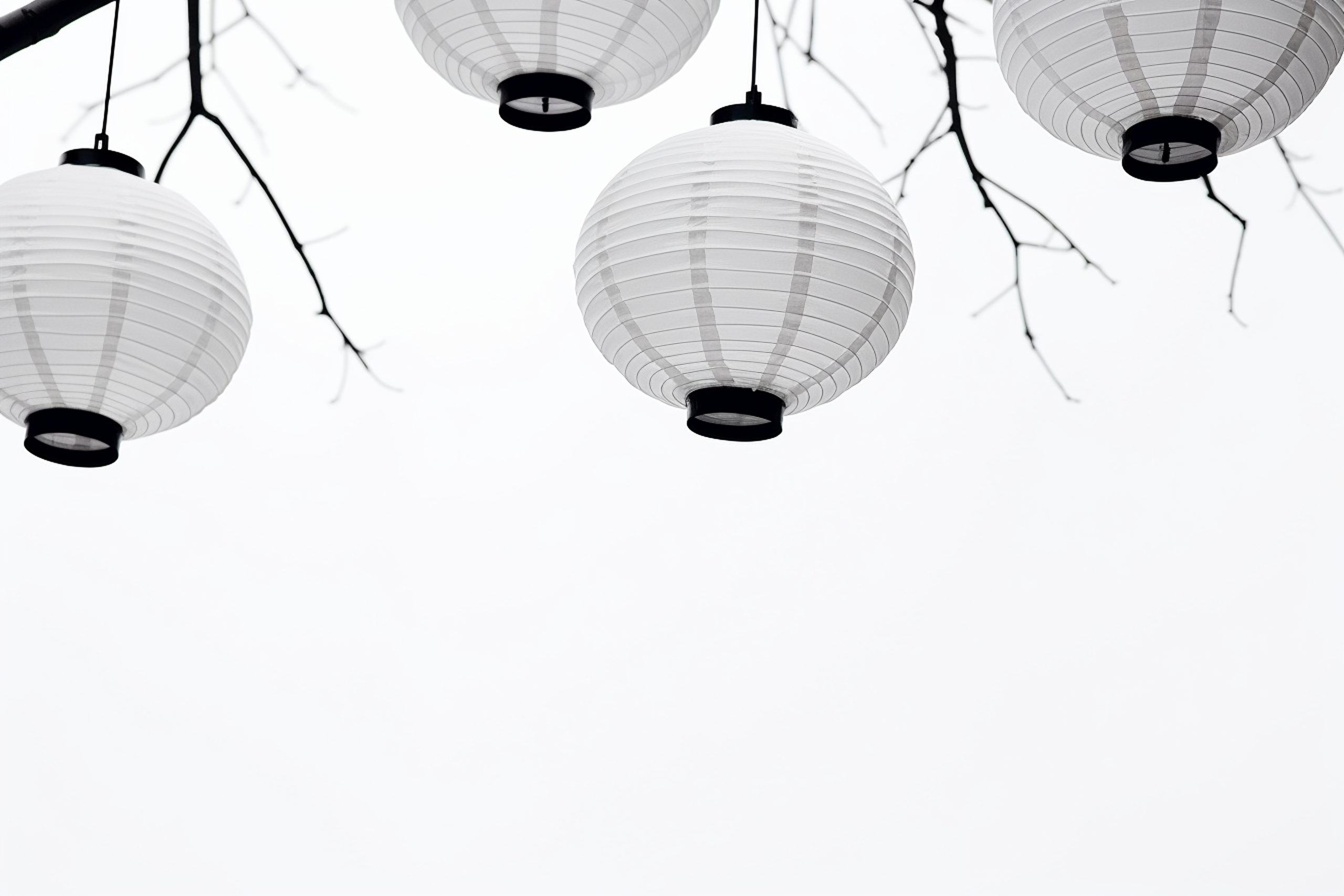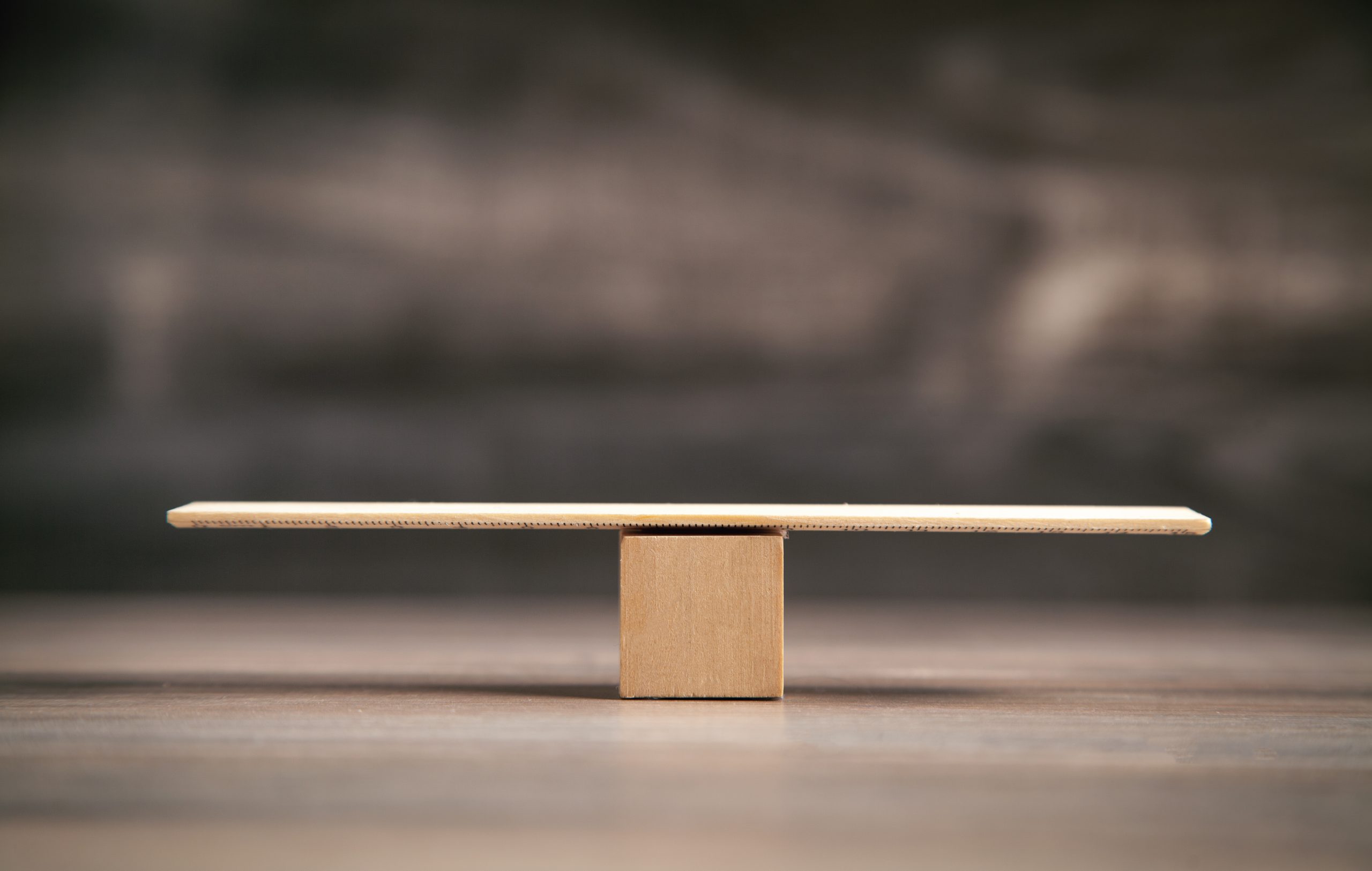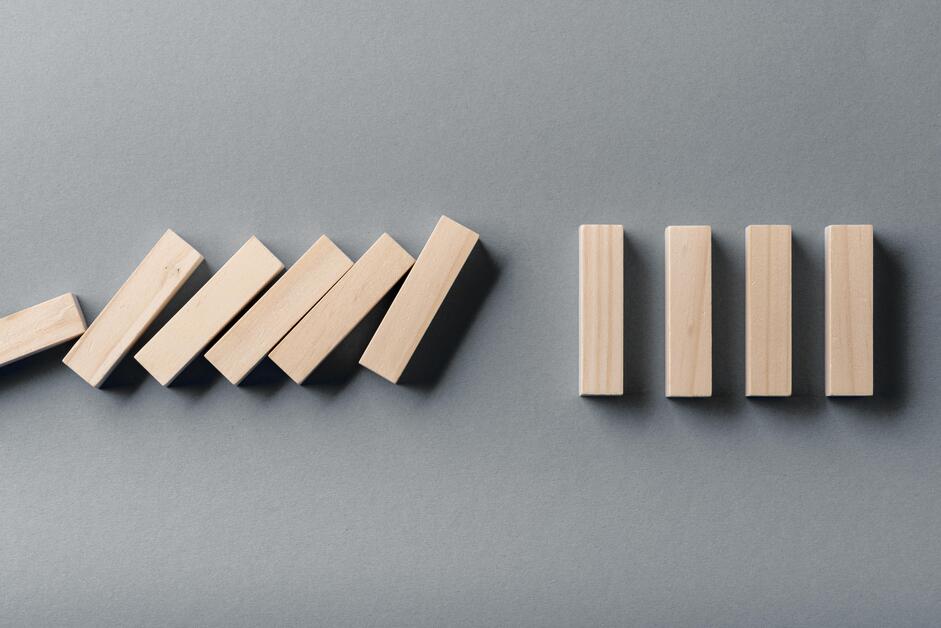I enjoy working as a master of ceremonies. Whether the funeral is grand or modest, and regardless of the status of the deceased or their family, every funeral is a stage for witnessing the spectrum of life and social ideologies. Each farewell reveals different expressions of grief—some heart-wrenching, others stoic. As a host, my ability to comfort the bereaved is limited, but I firmly believe that simply having someone present for support during this final journey is profoundly meaningful. This is what gives my role its sense of purpose.

At the same time, traditional Chinese funerals are often unsettling for me as a woman. I am constantly reminded of the deeply ingrained gender biases that permeate the rituals and customs.
In company displays, the name of a deceased married woman is often shown as “Madam [Husband’s Surname].” As the master of ceremonies, I often have to search the small ancestral tablet to find her full name. As a woman who lived decades as an individual and contributed so much to her family and society, why is she reduced at her death to being merely an extension of her husband who doesn’t even have the privilege of having her full name properly displayed?
I once hosted a funeral where the deceased’s daughter was the primary organizer. When it was time to pay final respects, the ritual guide called for the son first. As the daughter stepped forward next, the ritual guide said, “Daughters-in-law first,” and she instinctively shrank back, wearing an expression as if she done something wrong. After the daughter-in-law and the eldest grandson had gone, it was finally her turn. Whether she accepted this hierarchy out of respect for the occasion and tradition or simply endured it for her parents’ sake, her compliance pained me as a fellow woman. This incident is not isolated but part of a broader, systemic issue.

In these customs, a son’s spouse and children are viewed as “family”; while a daughter’s spouse and children are regarded as “outsiders.” Daughters wear mourning badges with a red mark affixed to it while the red worn by the sons-in-law will be even more explicit. This red, meant as a sign of respect, is often a symbolic wound in the hearts of daughters who feel excluded. Behind this euphemistically named “ritual” lies the patriarchal ideology of favouring sons over daughters and sense gender inequality.
During ceremonial offerings, the husband’s family takes precedence over the deceased woman’s biological relatives. Blood relations and direct family members are seen as inferior in comparison to those of the husband’s. Only sons are allowed to hold the ancestral tablet and divide the inheritance, while married daughters are often barred from freely worshipping their parents to avoid “diminishing” the blessings meant for the sons.
Some families today actively request less rigid adherence to these traditions, and funeral service providers adapt accordingly. Yet, the traditional framework remains the default. Defaults reflect collective societal consciousness. As service providers, why shouldn’t we take the lead in normalizing gender-equal practices as the default, while still accommodating families who wish to follow traditional norms?
Someone once told me, “Gender equality doesn’t need to be demonstrated through a funeral; women already have freedom and equality elsewhere.” To this I say, if equality cannot even exist in ceremonial formalities, how can we expect it to manifest in the broader world? If a woman cannot receive respect even in death, how can we believe she will be respected in life—in her family, workplace, or society?
Even today, among my well-educated and financially independent female friends, many still face parents who insist only sons should inherit family property. The hurt does not stem from the lack of inheritance but from the apparent disregard for the love and care daughters have shown. Are we still pretending that gender inequality in Chinese funeral customs is “just symbolic”?

Looking back, women’s social status has certainly progressed over the past century but none of these improvements came easy. Every gain was the result of struggles and hard fought battles by many generations.
It’s hard to imagine today that when the Olympics first began, women were not allowed to participate or even watch. It wasn’t until 1924 that women were officially permitted to compete. Even then, as late as 1967, the Boston Marathon barred women from participating. Kathrine Switzer registered under a male pseudonym to protest, only to be violently harassed during the race. It wasn’t until the Tokyo 2020 Olympics that female athletes finally represented nearly half of all participants.
Does gender equality matter to business? According to a McKinsey & Company report, closing the gender gap could add $12–28 trillion to global GDP. Gender equality is also one of the United Nations’ Sustainable Development Goals, signed by 193 countries, including Malaysia.
Yet, the 2020 Global Gender Gap Report ranks Malaysia 104th among 149 countries, a drop from previous years. In economic participation and opportunity, Malaysia ranks the lowest among ASEAN countries. As a leading funeral service provider committed to humanistic values, shouldn’t we actively advocate for gender equality, knowing it benefits both the economy and national reputation?
The report also reveals that the pandemic widened the gender gap, pushing the timeline for global gender equality from 99 years to 136 years. How many more unexpected crises will further delay this progress?
Do we really have to wait another 136 years for women to receive respect in traditional Chinese funeral rituals?
Written by Ng Ai Ling on International Women’s Day, 2022
Ritual and Culture Management Department
Exploring the influence and development of Chinese culture on Malaysian society, with a focus on the origins of funeral traditions. This includes drawing insights from ancient cultural practices and their evolution, thereby enriching the growth, cultivation, and expansion of Nirvana’s funeral services.
Author profile
Ng Ai Ling of Nirvana Care’s Ritual and Culture Management Department, has a Master’s degree in Chinese Language and Literature from Taiwan’s National Dong Hwa University, with extensive experience in writing and research. She is a regular newspaper columnist and a long-time contributor to online platforms in Hong Kong and Taiwan.
Nirvana Memorial Park: Choosing my final resting place
Nirvana Memorial Park: Choosing my final resting place Have you given thought about where you will be laid to rest after you depart from this life? Would you prefer your remains to be buried, or be eternally remembered at a grand and dignified hall of a columbarium?...
Pet Funeral Guide Malaysia
Funeral Arrangements for Pets in 2021: A Guide There’s nothing quite like the special bond we share with our furry companions. They’ve been with us, provided much joy and comfort for us, accompanied us through dark times and shared many happy moments with us. When the...
Is there need for Nirvana Life Plan Funeral Arrangement
Funeral Arrangements: Is There A Need for A Nirvana Life Plan? You might think, ‘When I go, I just go’, and I can leave all the other matters to my loved ones to take care of. Well, technically, you can, but you can also pre-plan what happens after you depart, right...
Why is Funeral Pre-Planning Important in Malaysia
Funeral Arrangements in Malaysia: Why is Funeral Pre-Planning Important. We often think it’s taboo to discuss death and after-life, and we think that when the time comes, someone will take care of our funeral matters. However, we all have given it some thought, how...
The Ultimate Guide to Funeral Arrangements in Malaysia
Losing a loved one is a distressing experience to deal with. This is because the passing of a dear friend or family member is something you can never truly prepare for no matter how much you try. Moreover, it can get a little confusing as well when you’re forced into...
Nirvana Malaysia: Engaging The Best Funeral Parlour Before Death
While death is still considered to be a taboo subject across many cultures or countries, we can also see a shift in perspective of people who’d choose to plan for their own funeral. This happens due to a variety of reasons, be it budgeting or convenience. This change...
5 main advantages of pre-planning
5 main advantages of pre-planning for yourself You assume financial responsibility of your own funeral When the unthinkable happens, the financial responsibility of your last rites now falls on your family. The average funeral is priced upward of RM20,000 excluding...
Why make offerings of light?
Why make offerings of light? In its most basic context, the act of making an offering in Buddhist tradition enables one to practice generosity in giving, to express gratitude and respect, and to contemplate on the life sustaining law of interdependence. In Buddhist...
The Feng Shui principles behind Sheng Ji
The Feng Shui principles behind Sheng Ji For the benefit of the layperson, the metaphysical art of Feng Shui can basically be divided into two; namely Yin House Feng Shui and Yang House Feng Shui. In a nutshell, Yin House Feng Shui is the practice of geomancy for the...
Ancestral Tablets
The significance of ancestral tablets Ancestor worship is a practice that occupies a supreme role in the religious and social life of Chinese society. Deeply rooted in the all-important virtue of filial piety, much of its associated rites have remained unchanged since...



























